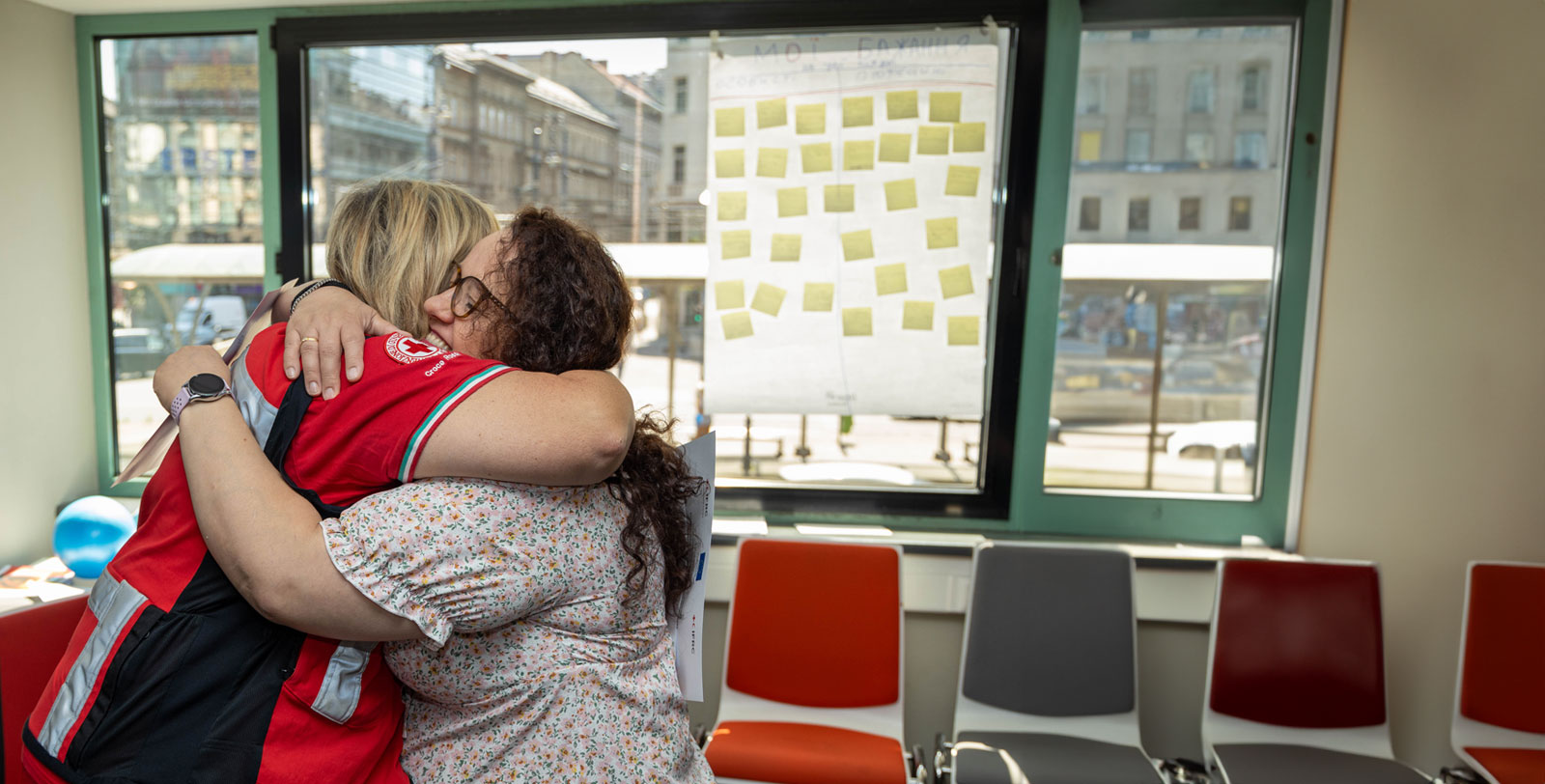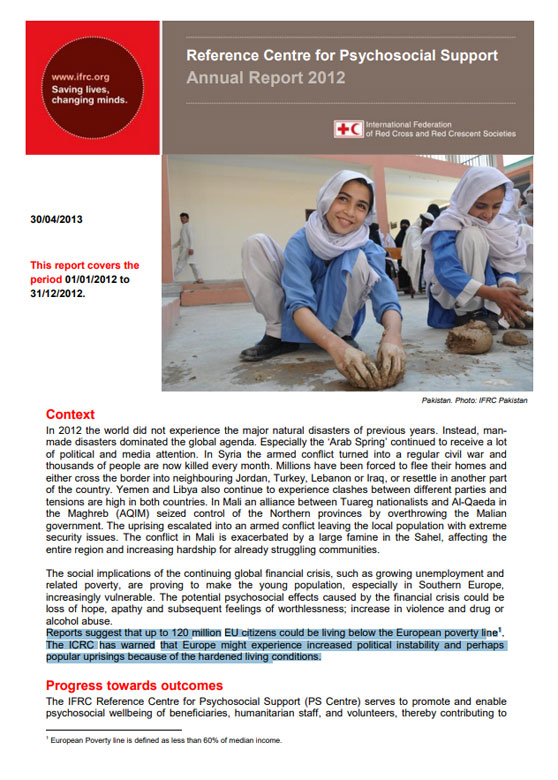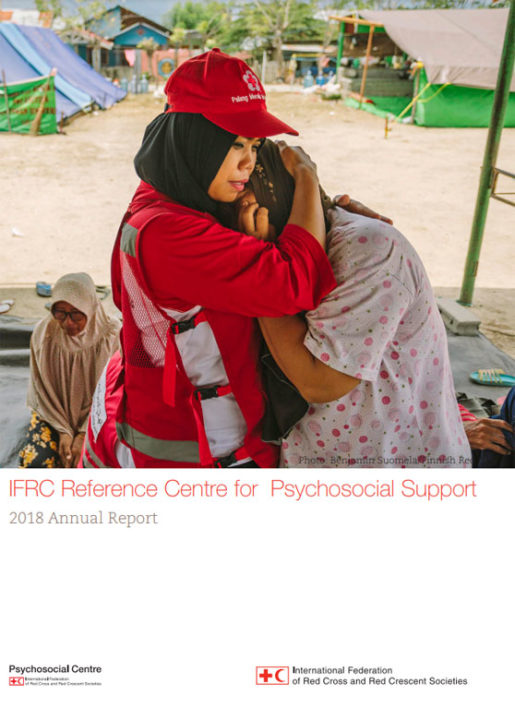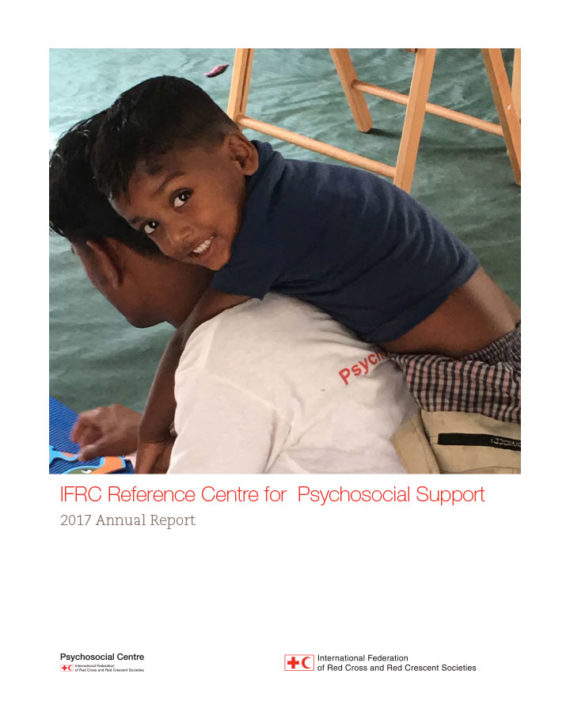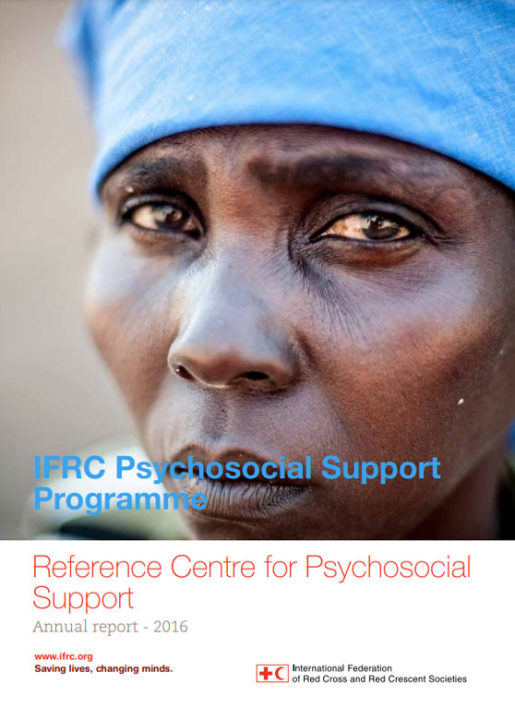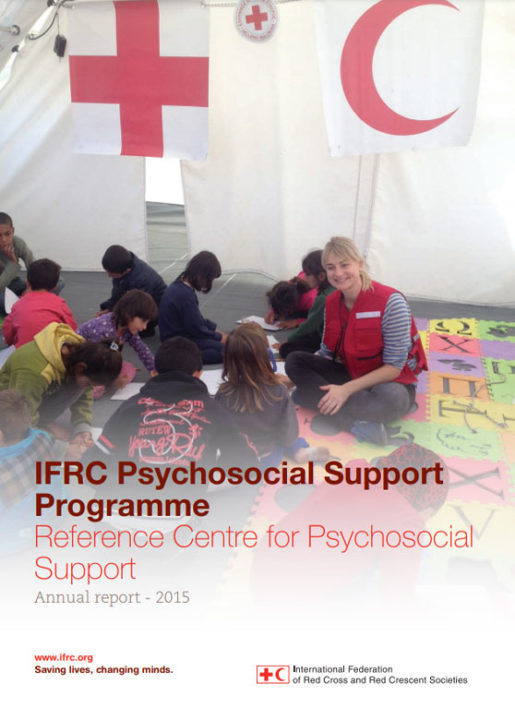In 2012 the world did not experience the major natural disasters of previous years. Instead, manmade disasters dominated the global agenda. Especially the ‘Arab Spring’ continued to receive a lot of political and media attention. In Syria the armed conflict turned into a regular civil war and thousands of people are now killed every month. Millions have been forced to flee their homes and either cross the border into neighbouring Jordan, Turkey, Lebanon or Iraq, or resettle in another part of the country. Yemen and Libya also continue to experience clashes between different parties and tensions are high in both countries. In Mali an alliance between Tuareg nationalists and Al-Qaeda in the Maghreb (AQIM) seized control of the Northern provinces by overthrowing the Malian government. The uprising escalated into an armed conflict leaving the local population with extreme security issues. The conflict in Mali is exacerbated by a large famine in the Sahel, affecting the entire region and increasing hardship for already struggling communities. The social implications of the continuing global financial crisis, such as growing unemployment and related poverty, are proving to make the young population, especially in Southern Europe, increasingly vulnerable. The potential psychosocial effects caused by the financial crisis could be loss of hope, apathy and subsequent feelings of worthlessness; increase in violence and drug or alcohol abuse.
Reports suggest that up to 120 million EU citizens could be living below the European poverty line. The ICRC has warned that Europe might experience increased political instability and perhaps popular uprisings because of the hardened living conditions.
